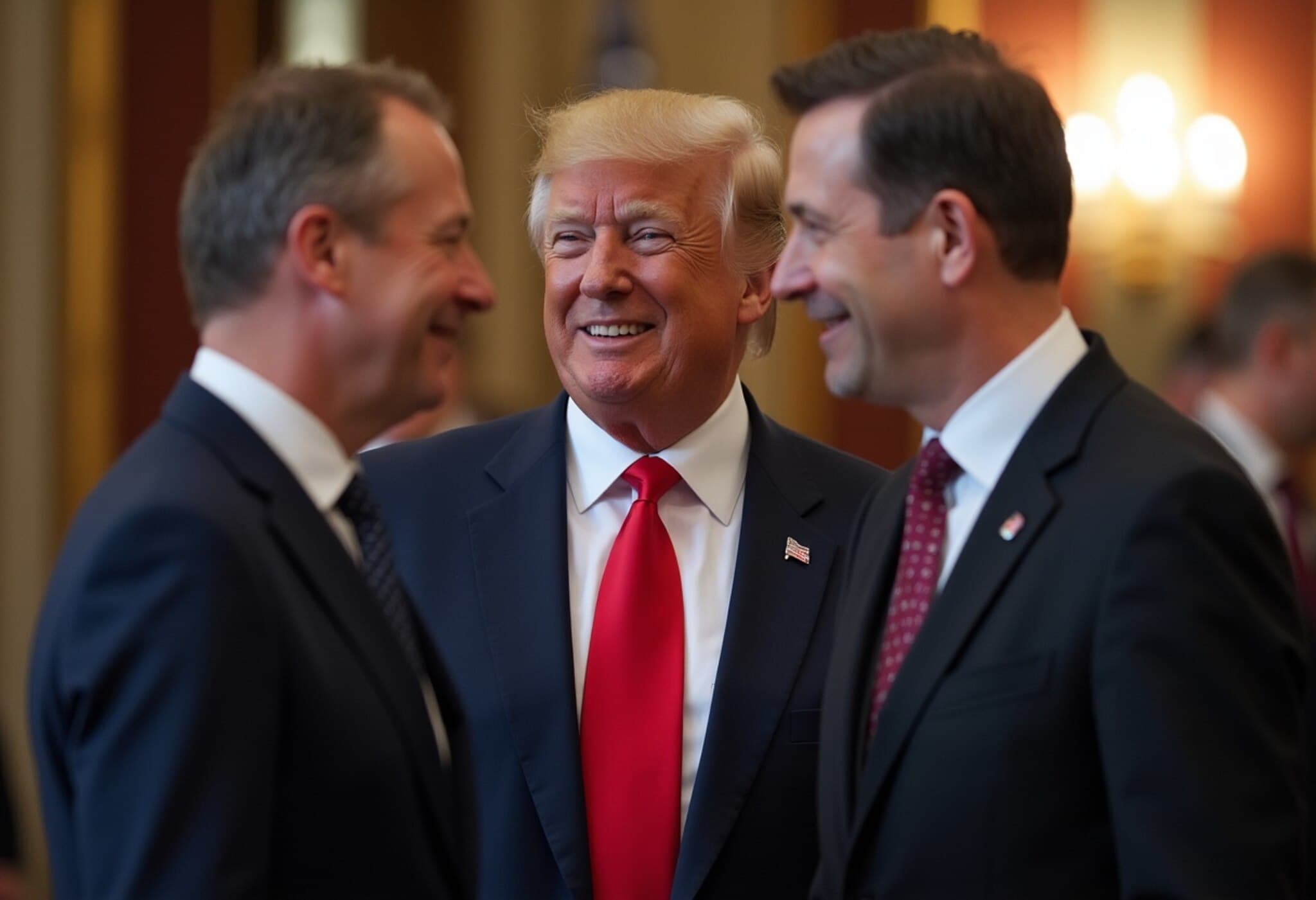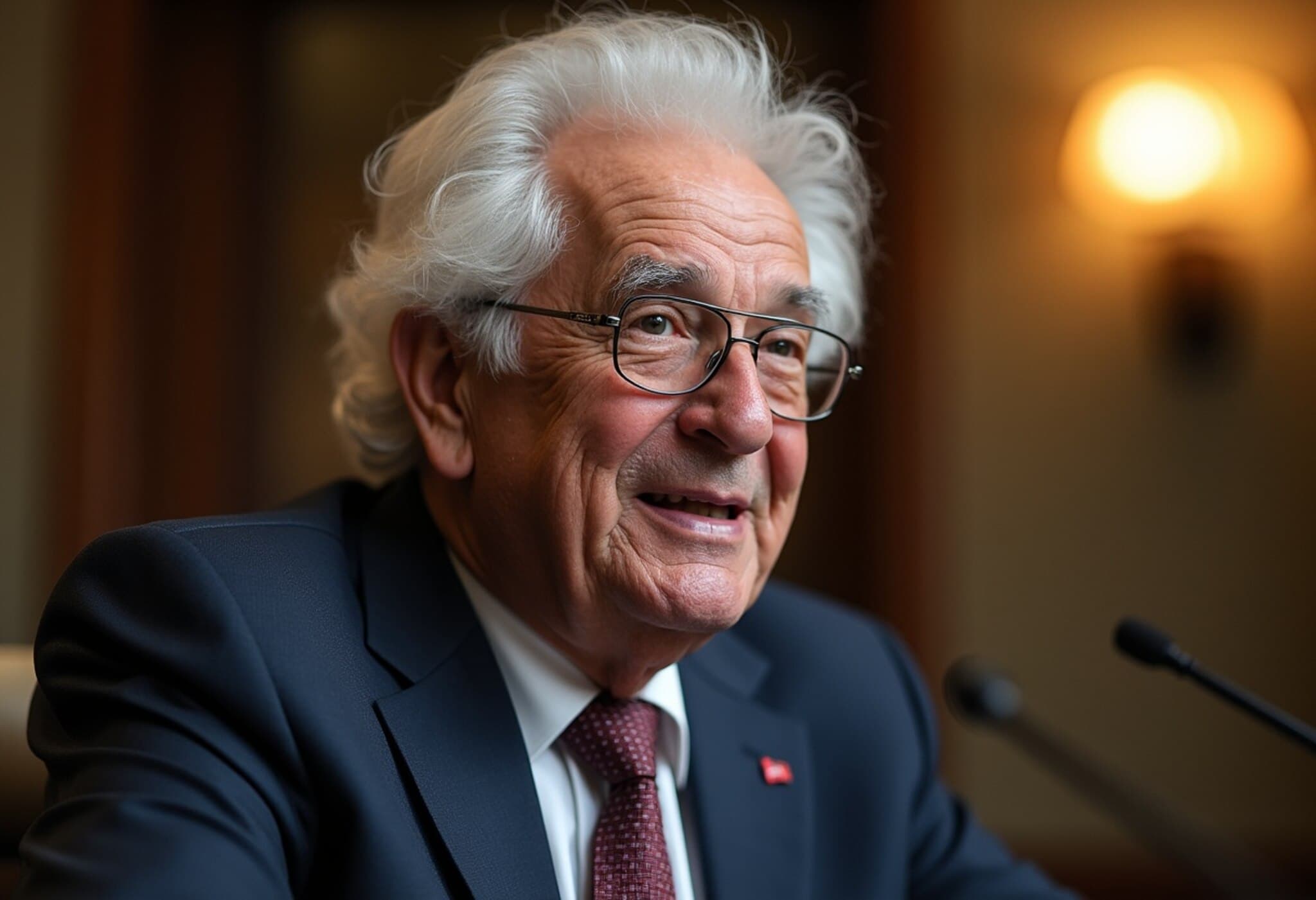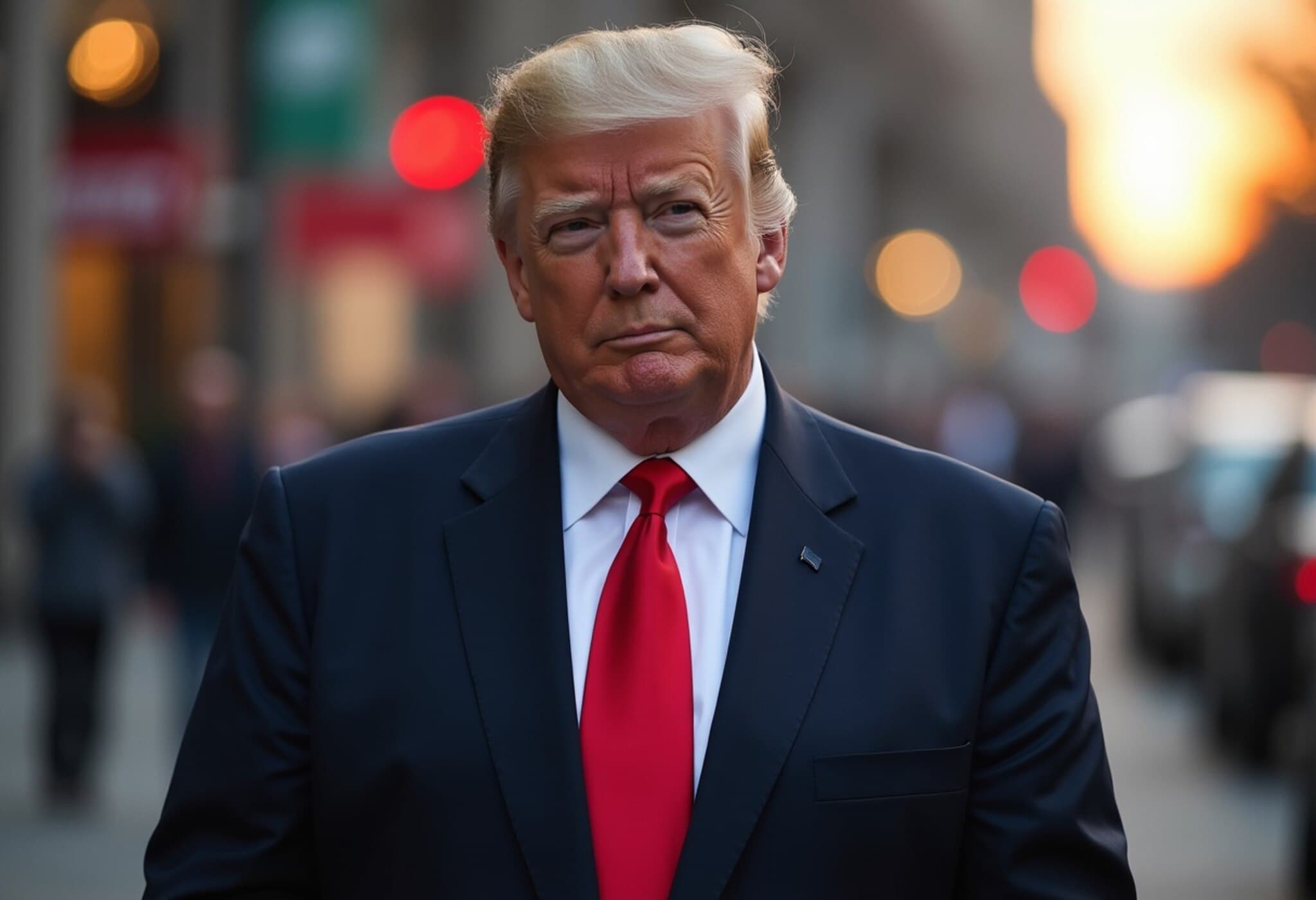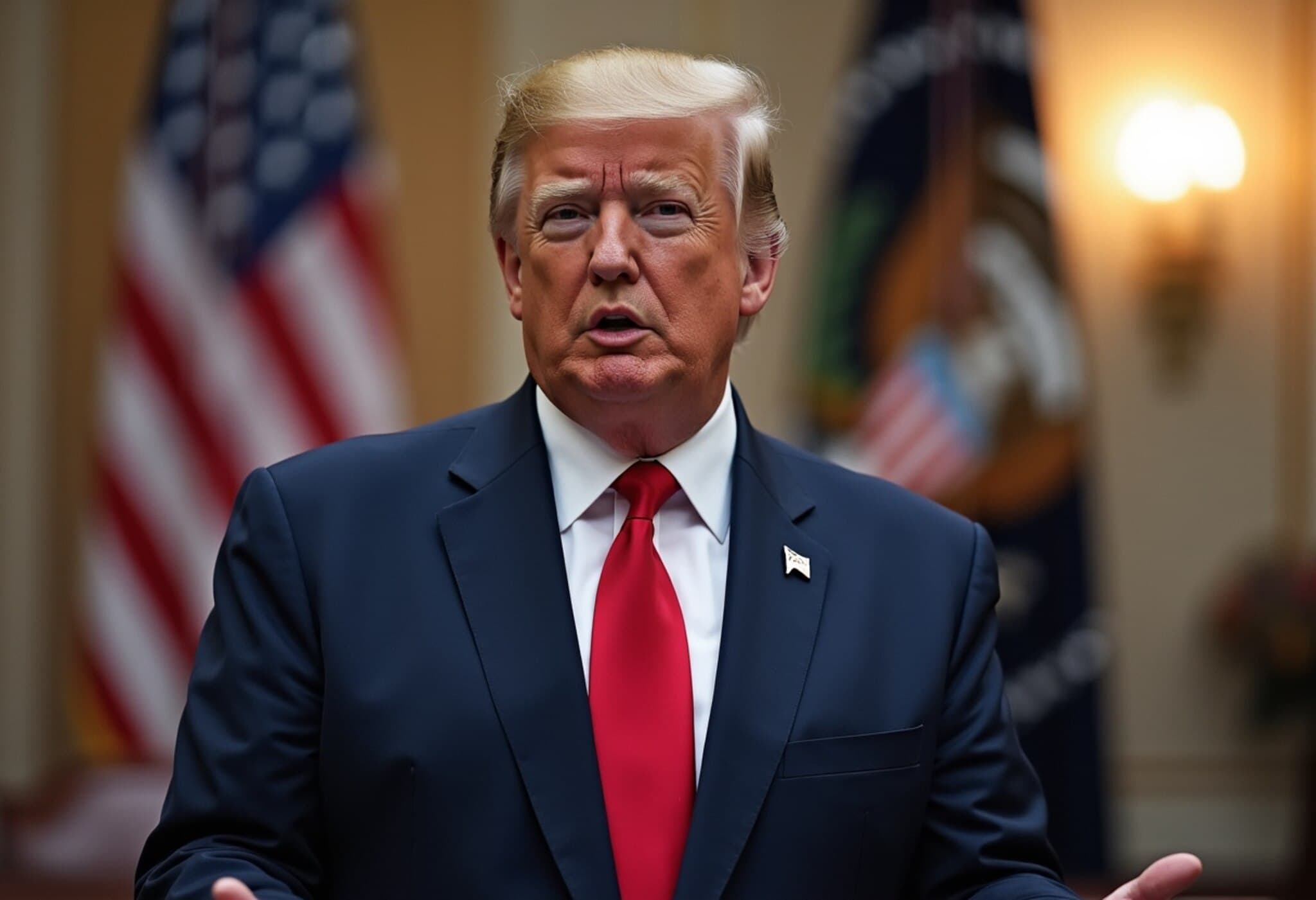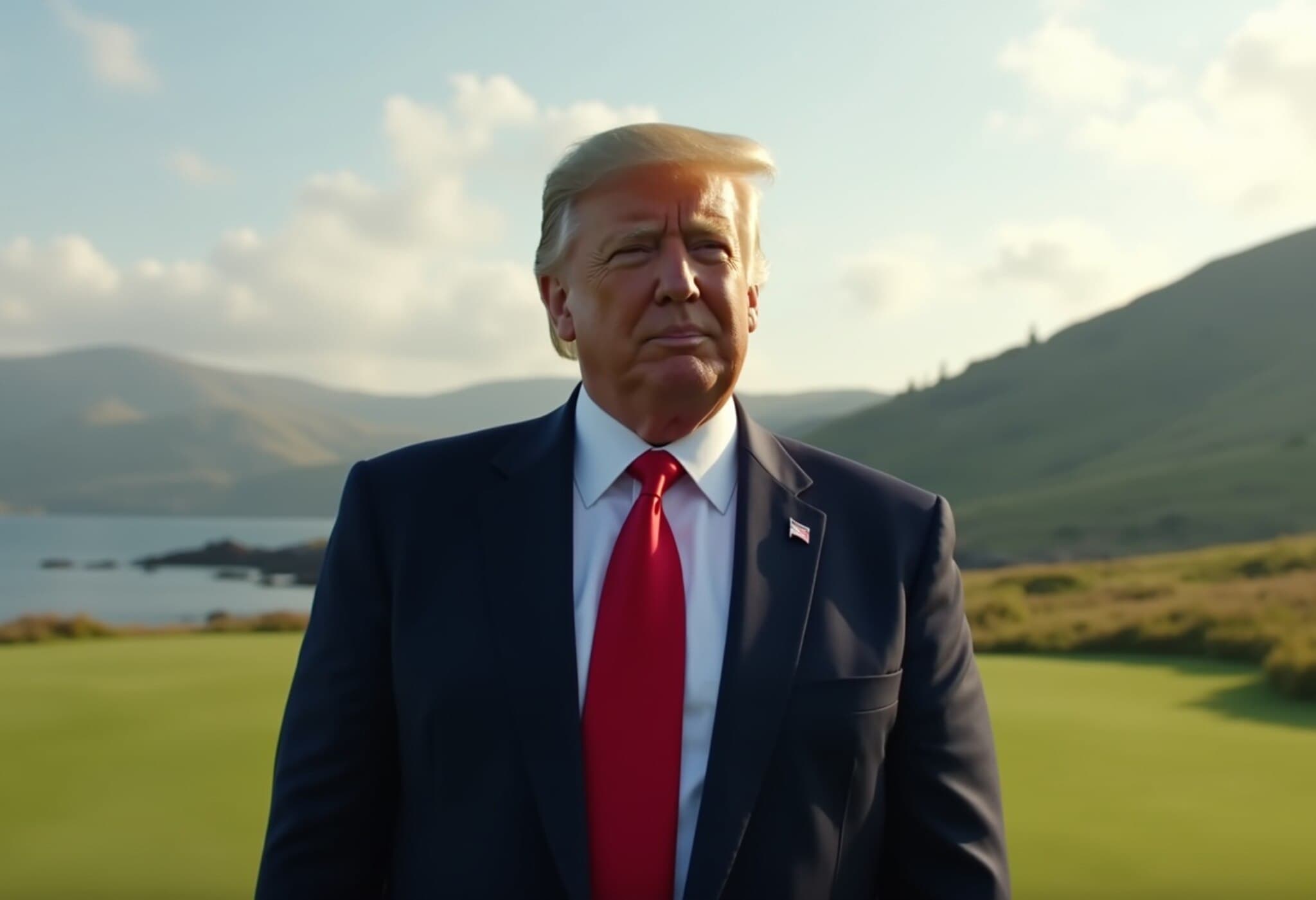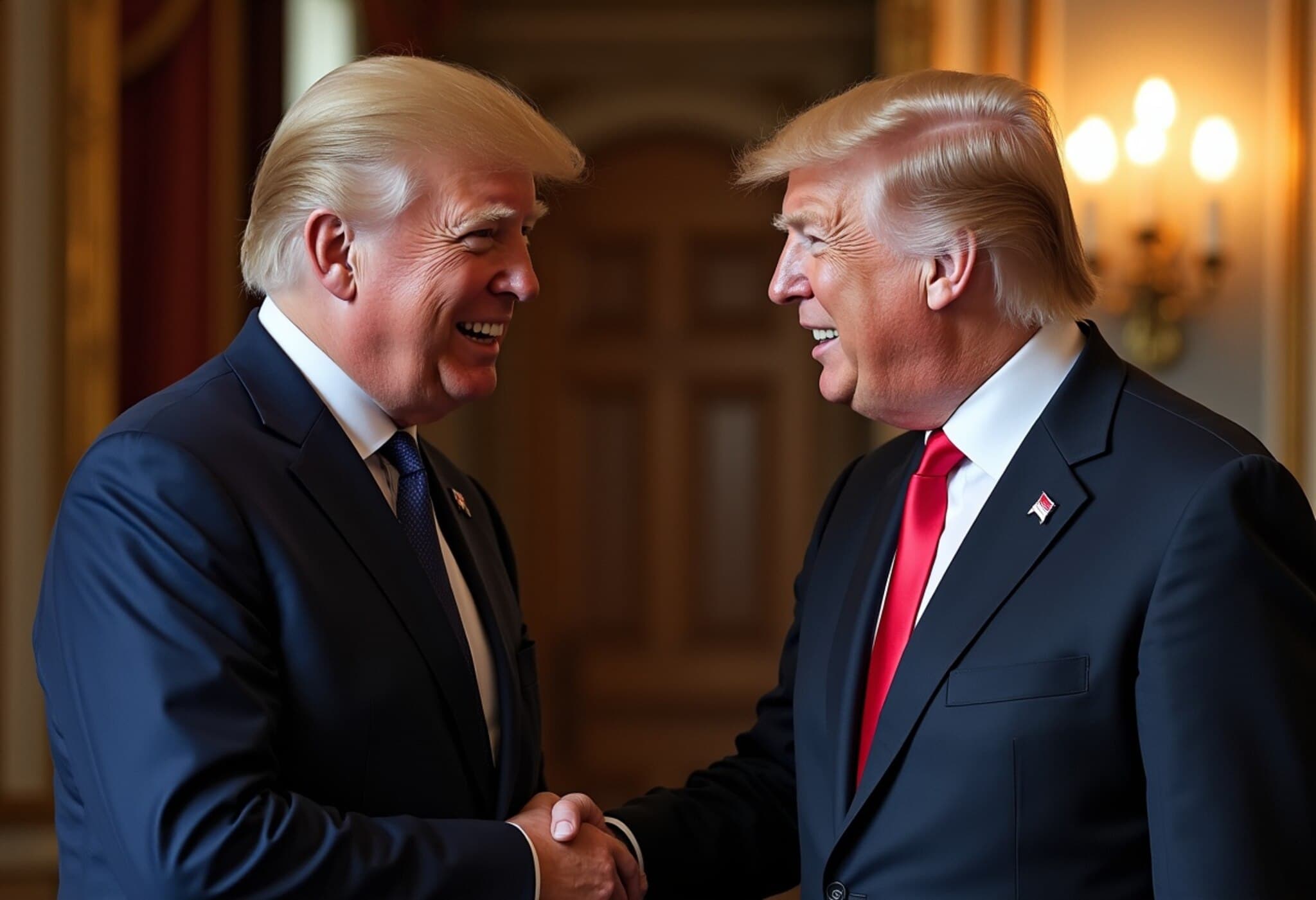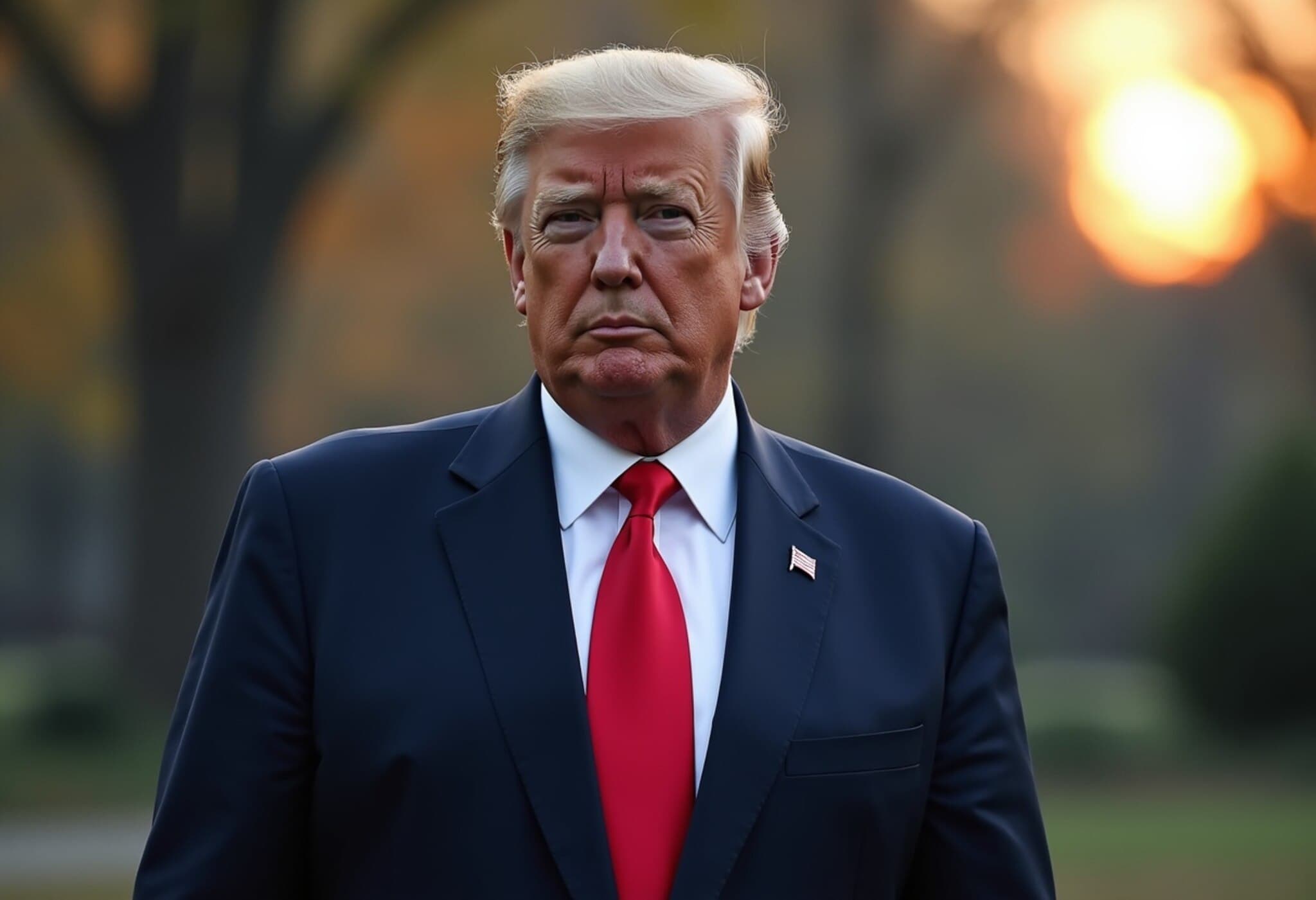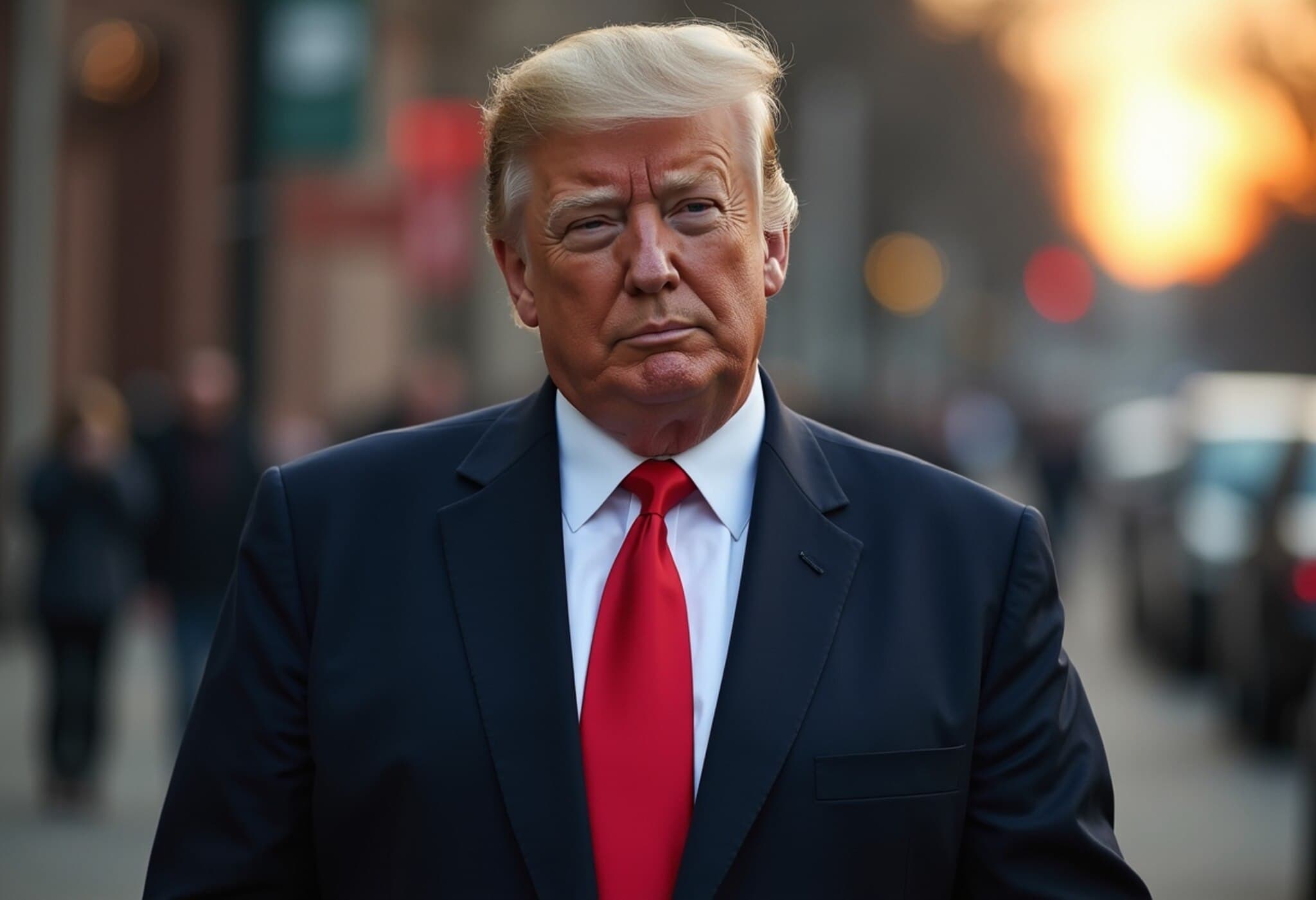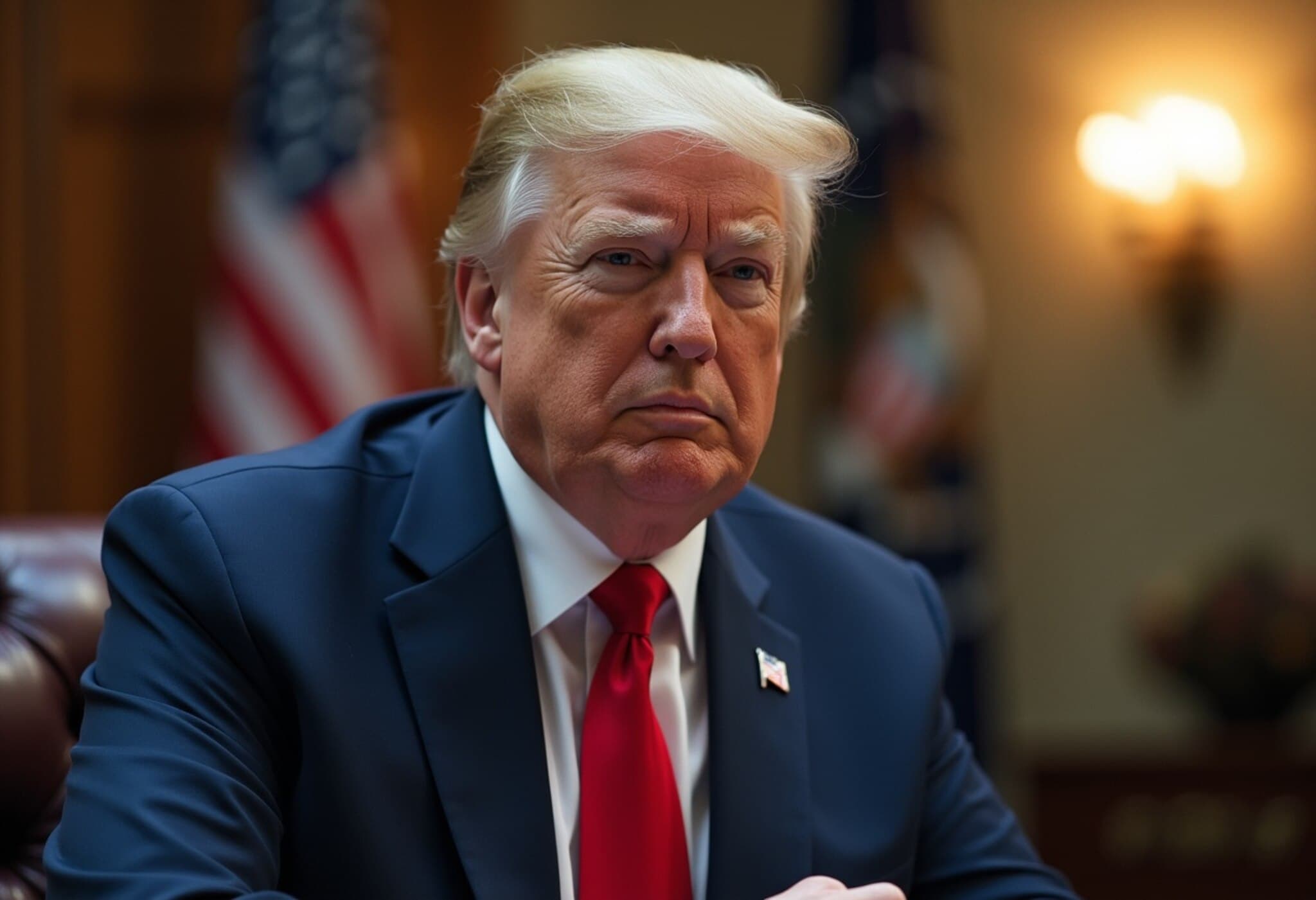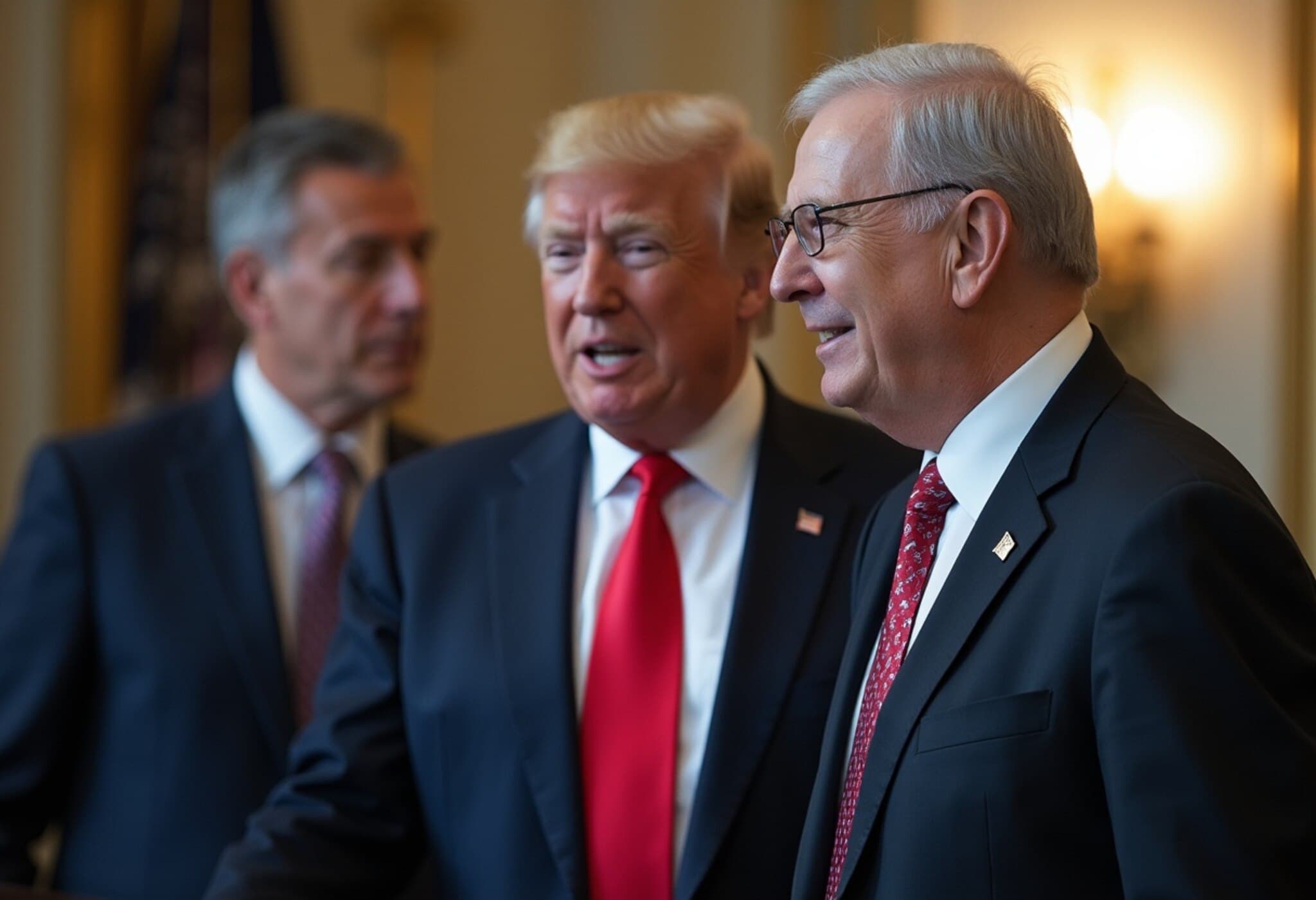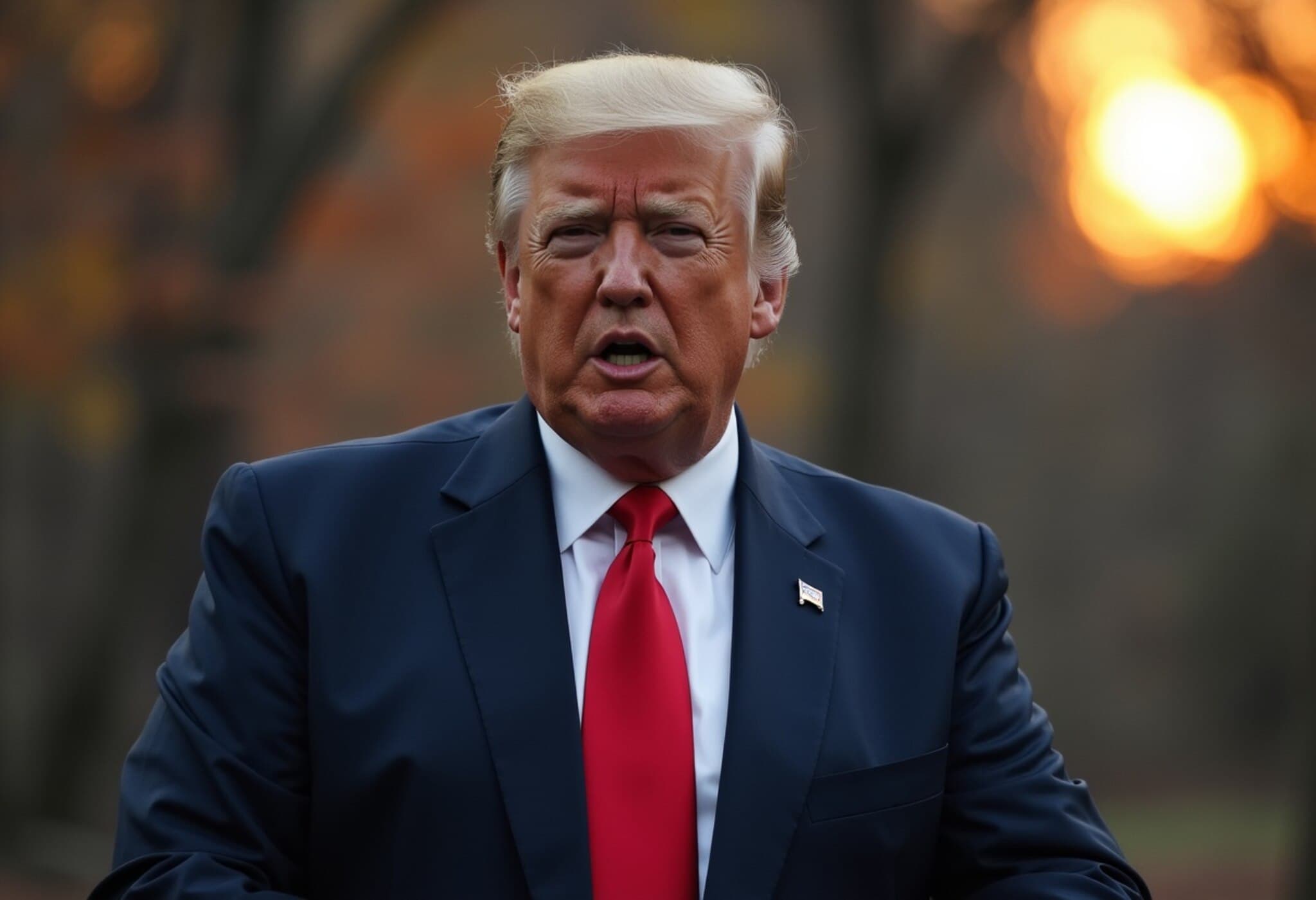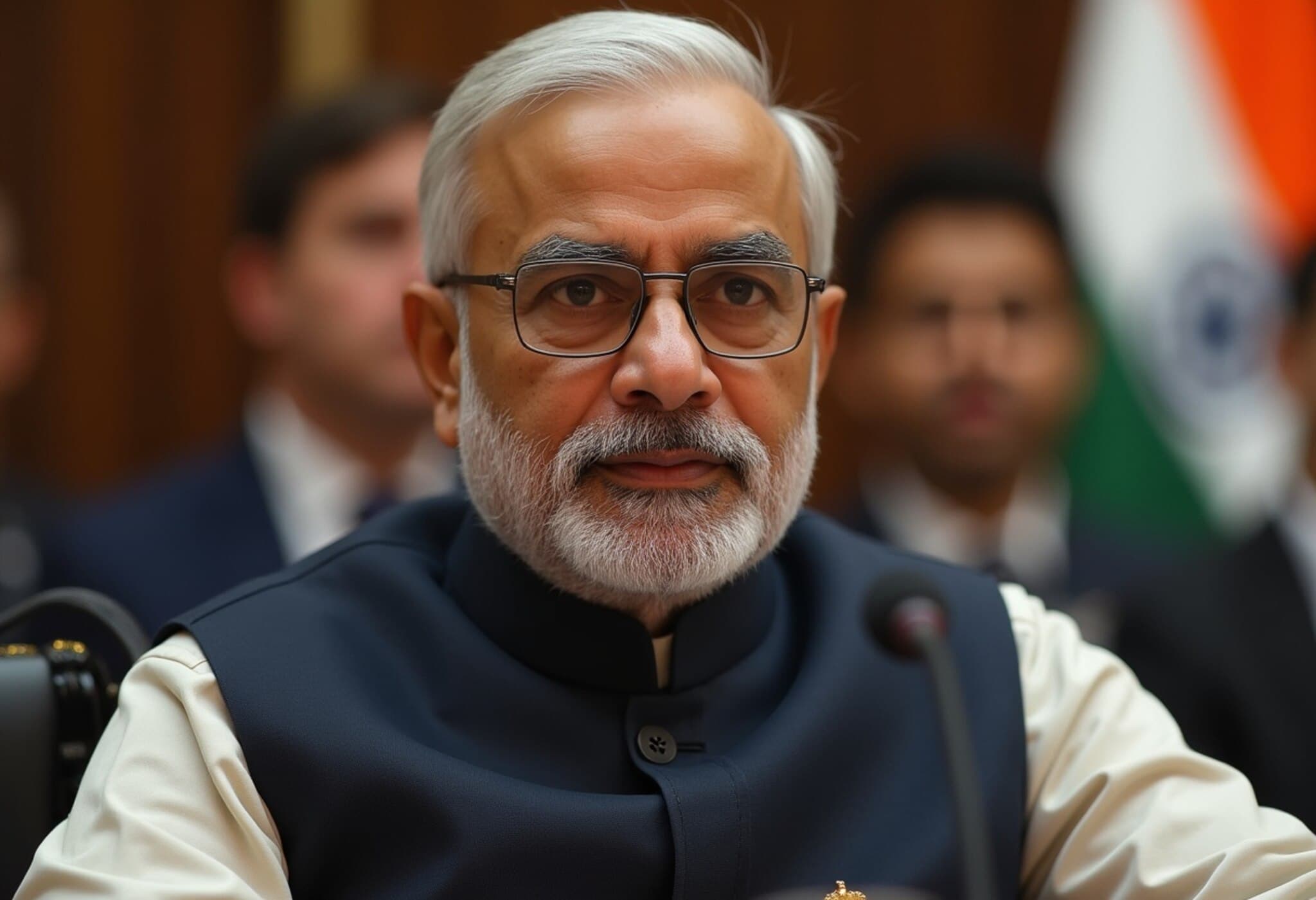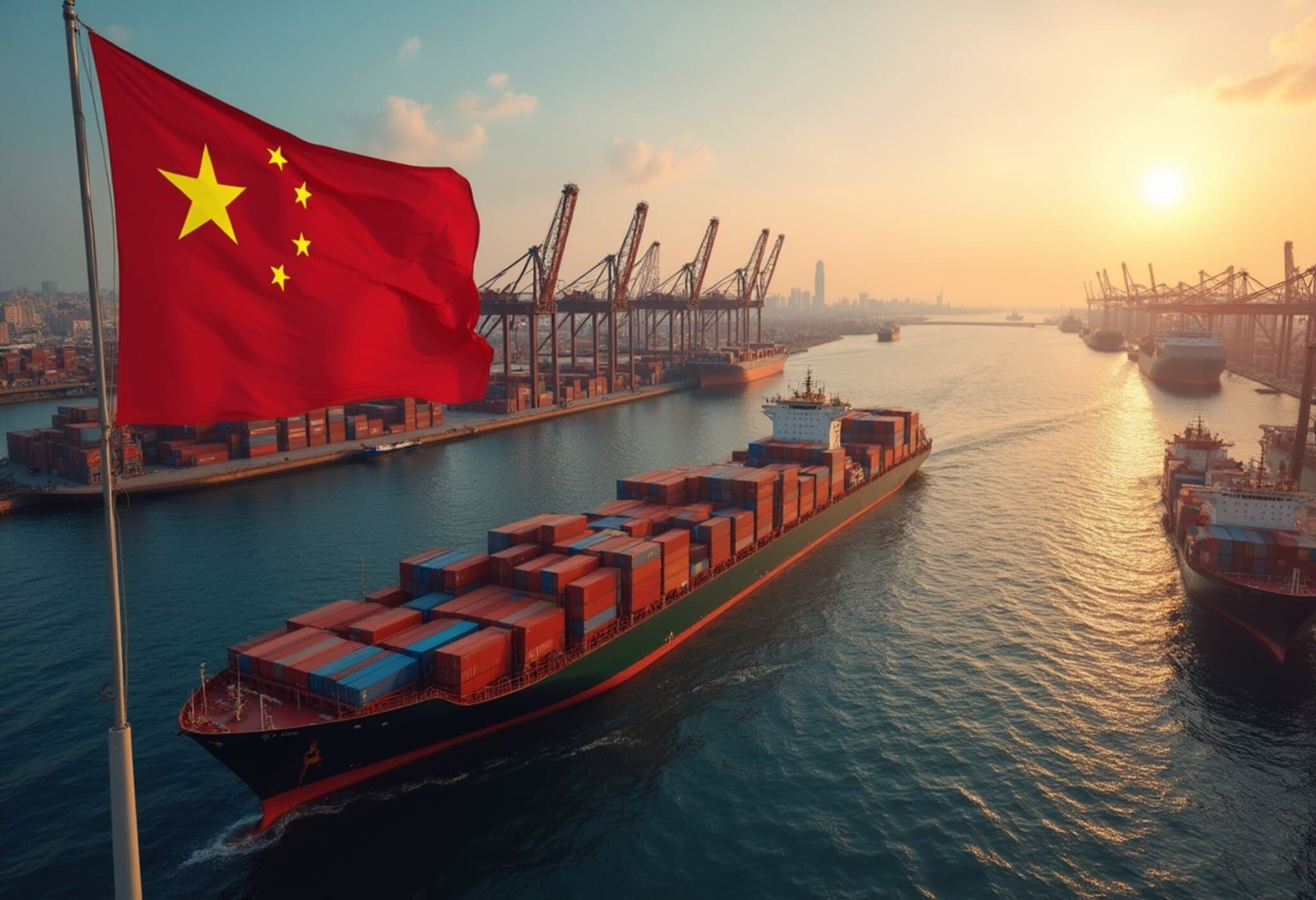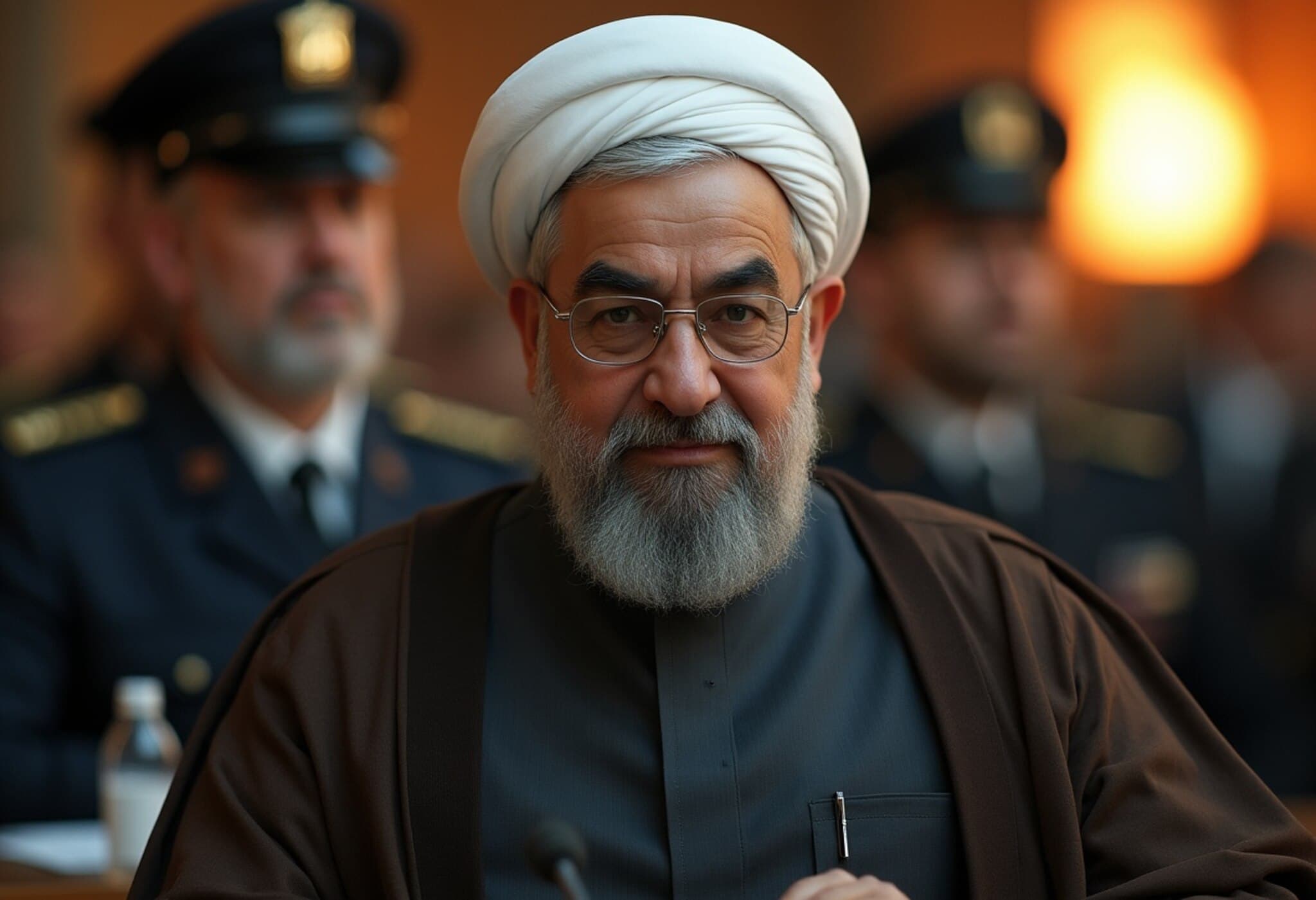President Donald Trump to Embark on Unprecedented Second State Visit to the UK
In a move that has captured international attention, former U.S. President Donald Trump is scheduled for a landmark second state visit to the United Kingdom from September 17 to 19, 2025. This visit, confirmed by Buckingham Palace, will see Trump once again being hosted by King Charles III and Queen Camilla at Windsor Castle, marking a first in the annals of UK-US diplomatic protocol.
A Rite of Royal Favor: The Significance of a Second State Visit
State visits are reserved for moments of profound diplomatic symbolism, representing the highest honors within international relations. Historically, inviting the same head of state for a second ceremonial visit is unheard of, positioning Trump's upcoming trip as a novel diplomatic gesture. The first was in 2019 during Trump’s presidential term under Queen Elizabeth II, King Charles’s mother, famed for its elaborate pomp and grandeur.
Unlike typical second-term US presidential visits, which often involve more subdued engagements like lunch or tea at Windsor Castle—as seen with George W. Bush—Trump’s forthcoming itinerary reinstates the full royal fanfare. This signals both the monarch’s personal endorsement and the UK government’s strategic intent.
Political Context: Starmer’s Calculated Diplomacy
Prime Minister Keir Starmer personally delivered King Charles III’s invite to Trump at the White House in February 2025, an act underscoring the UK leadership’s desire to maintain a robust and cooperative relationship. Analysts suggest the invitation is part of a broader effort by Starmer to mitigate potential conflicts arising from Trump’s policies, especially those affecting UK trade and international diplomacy.
- Trade implications: The visit aims to sustain favorable UK-US relations, helping Britain avoid tariff escalations that have impacted other nations.
- Political message: The welcome extended to Trump signals an eagerness to engage constructively despite political differences.
Potential Controversies and Public Sentiment
Despite the official fanfare, not everyone is embracing Trump's return to the UK. The 2019 visit sparked widespread protests, epitomized by the now-iconic depiction of Trump as a giant orange baby blimp. Current opposition within Starmer’s Labour Party raises concerns about the appropriateness of this high honor amid Trump’s vocal support for the ongoing conflict in Gaza and contentious remarks about the sovereignty of allied nations.
Moreover, tensions could arise given King Charles’s dual role as head of state of the UK and Canada, with Trump’s prior suggestions about absorbing Canada into the US spotlighting potential diplomatic headaches.
Royal Settings: Windsor Castle as a Venue Steeped in Symbolism
This three-day visit will predominantly unfold at Windsor Castle, the historic royal residence west of London, chosen partly due to Buckingham Palace’s extensive renovations. This setting is steeped in centuries of British heritage and symbolizes the continuity and gravitas of the monarchy’s role in global diplomacy.
The visit will feature traditional ceremonial highlights expected during such state occasions, including military reviews, ornate carriage rides, and a glittering state banquet hosted by the King and Queen. These elements serve not only as diplomatic niceties but as powerful visual affirmations of alliance and respect.
Expert Insight: What This Means for UK-US Relations Moving Forward
From a policy perspective, this visit could act as a bridge toward stabilizing post-Brexit UK-US relations amid a shifting global order. Trump’s charisma and influence within certain political circles remain significant, and maintaining open channels may afford the UK leverage in upcoming trade negotiations and security collaborations.
However, it also raises broader questions about the intersection of personal diplomacy and political ideology—especially considering the polarized opinions surrounding Trump’s legacy domestically and abroad.
Editor’s Note
Trump’s unprecedented second state visit to the UK underscores the enduring complexity of Anglo-American relations in the 21st century. Beyond the pomp, it reflects strategic diplomacy calibrated to balance continuity, controversy, and alliance-building. As the global political landscape evolves, the success and reception of this visit could set significant precedents for how traditional institutions like the British monarchy navigate modern international politics amid contentious personalities.
Readers should watch closely for how public sentiment, political opposition, and diplomatic outcomes unfold during this high profile event.

